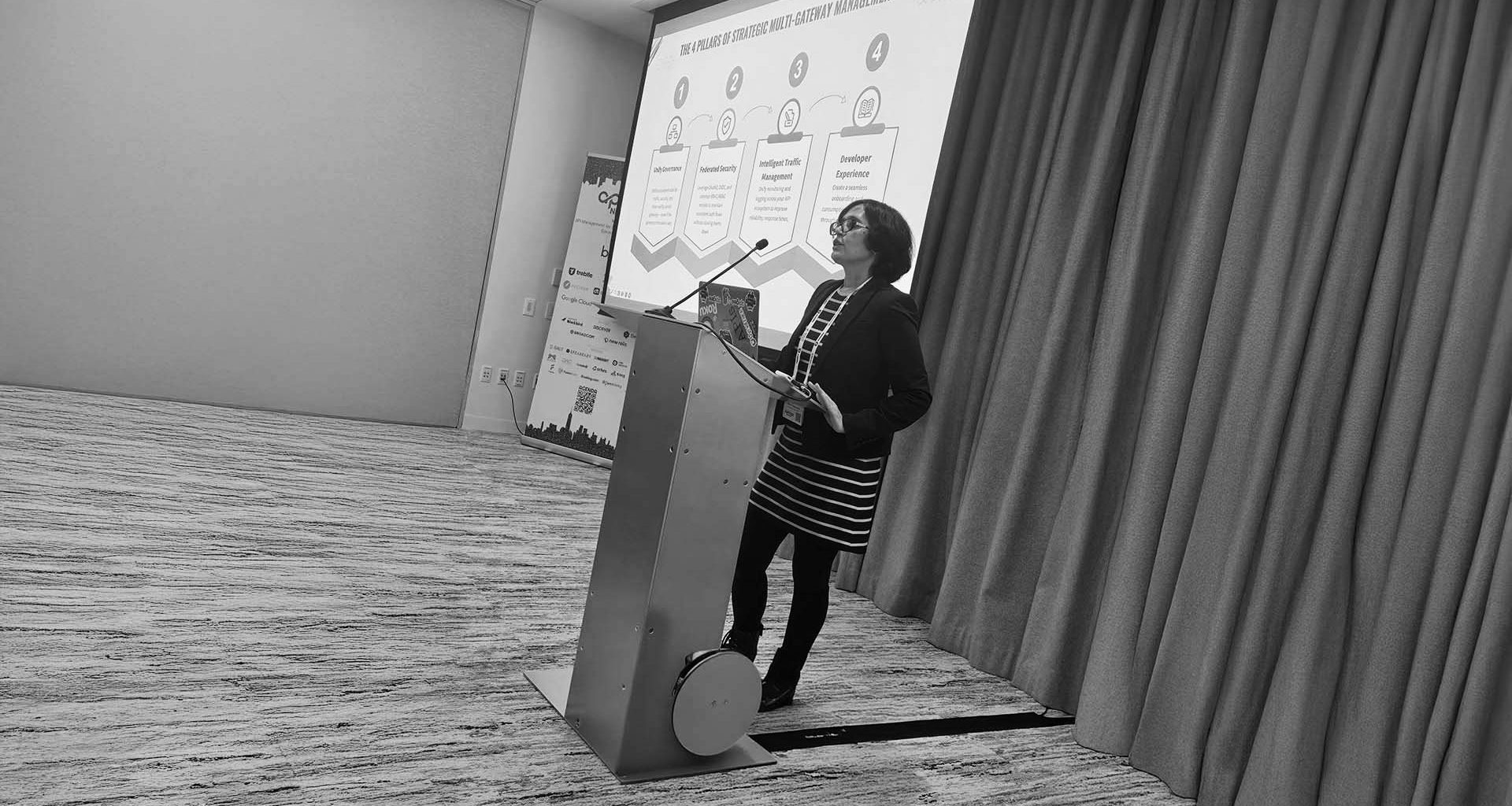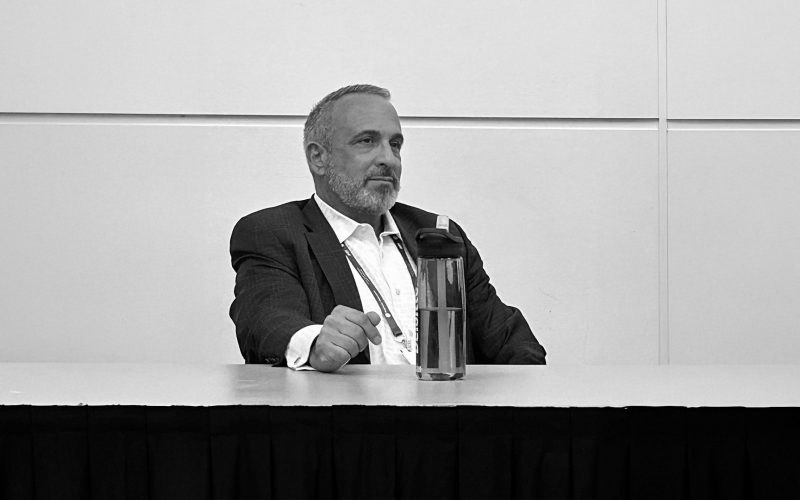Building resilient technology teams isn’t just about hiring smart people and hoping for the best. It takes strategy, the right culture, and someone who actually knows what they’re doing. Anubha Gaur has been figuring this out for over 25 years as she’s led teams through major tech transformations. Now, as Executive Director of Platform Engineering and Quality Assurance at Quest Diagnostic, she’s learned what actually works when everything around you keeps changing.
Start With A Clear Engineering Vision
Most teams struggle because nobody tells them where they’re going. You can’t expect engineers to build great things when they don’t understand the bigger picture. “During any transformation, teams need a direction,” Anubha says, and she’s seen what happens when that direction is missing. At Quest, they keep things concrete. “Our vision is to build secure, scalable cloud-native platforms delivered through automation, modern APIs and DevSecOps practices,” she explains. No fancy buzzwords or vague promises. Just clear goals that engineers can actually work toward. “When every engineer understands the why behind the what, alignment happens faster. So does innovation,” she notes. It sounds simple, but most companies get this wrong.
Use Automation To Scale Confidence
Here’s the thing about manual processes: they break down when you need them most. Quest learned this the hard way before investing in smarter solutions. You can’t expect teams to move fast when they’re stuck doing repetitive work that machines should handle. The numbers tell the story. “We implemented AI-driven test automation, cutting test efforts by 40%,” Anubha shares. But it’s not just about saving time. “Automation not only improves reliability, it empowers teams to move faster without sacrificing quality, turning resilience into repeatable outcomes,” she explains. When teams trust their tools, they take better risks and build better products.
Create A Culture Of Accountability And Psychological Safety
Getting the culture right might be the hardest part. Teams need to feel safe enough to speak up when something’s wrong, but they also need to own their work. Too much safety and people get lazy. Too much pressure and they stop innovating. Anubha has found a way to balance both. “Great teams feel safe to speak up, but also own their outcomes,” she says. The secret is giving people clear expectations along with the freedom to meet them. “We build this balance by giving teams autonomy, clear KPIs and transparent feedback loops,” she continues. “Whether it’s rolling out new CI-CD pipelines or managing production incidents, our engineers know they are trusted and supported.”
Continuously Invest In Skills And Learning
Technology moves too fast to coast on what you already know. The framework you learned last year might be obsolete by next month. Smart companies plan for this instead of hoping their people will figure it out on their own. “Technology doesn’t stand still. Neither can your team,” Anubha points out. Quest takes learning seriously, rotating people through different areas and bringing in outside expertise. “We prioritize technical rotation across DevSecOps, SRE and Platform Engineering, combined with internal tech talks and external certification. This keeps our engineers sharp and future-ready.”
Recognize Progress And Fuel Momentum
People need to know when they’ve done good work. This gets forgotten when everyone’s focused on the next deadline or the latest crisis. But recognition isn’t just nice to have. It actually drives performance. “In high-change environments, celebrating wins is crucial,” Anubha emphasizes. Quest makes achievements visible, whether it’s reduced downtime or successful API launches. “This keeps team morale high and reinforces the behaviors that drive lasting resilience,” she explains. When people see their work matters, they do better work.
The best teams don’t just react to change. They cause it. “Resilient teams are not just a response to change. They are a strategy for leading through it,” Anubha says. That’s the difference between surviving and thriving. Her approach combines vision, automation, safety, learning, and recognition into something that actually works. “If we lead with vision, empower with automation, and nurture a learning culture, we don’t just adapt, we set the pace,” she explains. For anyone trying to build better tech teams, Her lessons offer a practical roadmap that’s been tested in the real world.
Follow Anubha Gaur on LinkedIn to see how she’s transforming tech teams from the inside out.











